It took living abroad for a year to really made me appreciate my home. I left in 2010, and by then, the city was already changing. I was too busy with my own plans to notice at the time, but the rest of world was already recognizing its beauty, and Lisbon had evolved into a cosmopolitan capital, maintaining the qualities that made her unique. From 2009 on it has won multiple awards as a prime destination.
As a local, I want to share my expertise and don’t want you to make the mistakes I see so many other visitors making. Here are this alfacinha’s (Lisbon residente) tips on how to dodge them:
Do Not Stay Only For a Weekend
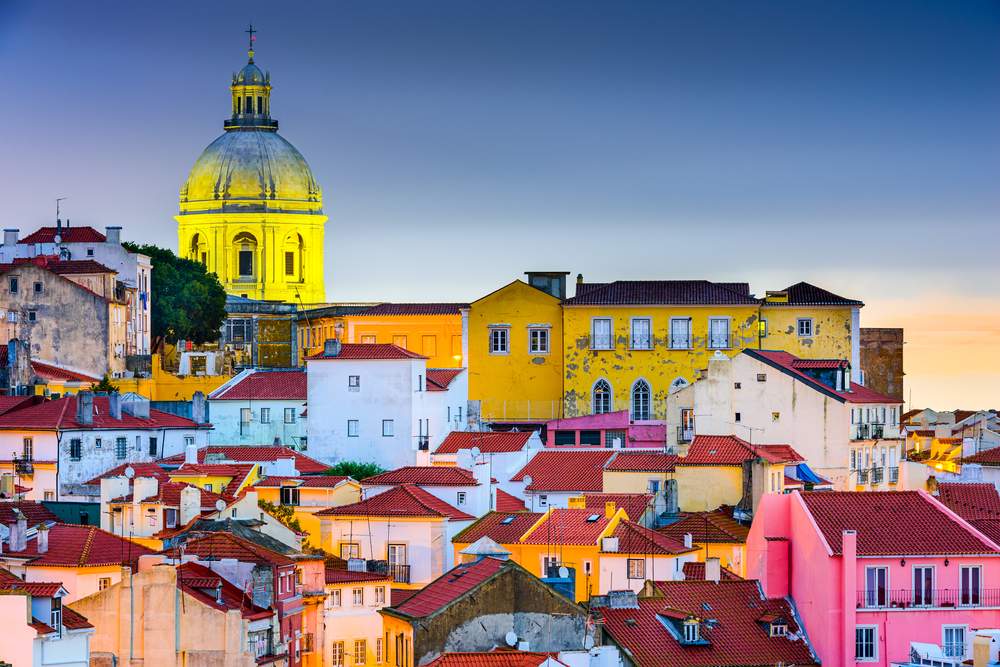
The best thing about Lisbon is its neighborhood life. Alfama, Principe Real, Bairro Alto e Bica are just a few of them, and they are best seen on foot, getting lost and checking out the many cafes on the many terraces (miradouros) that overlook the city, like the ones at Graça or Principe Real.
Historical monuments are scattered in different parts of the city (the ones in Belém alone require a full day) and visiting museums like the Water Museum, Carmo and the City Museum (to name just a few) will allow you to better understand the culture and history of the city and the Portuguese.
Squeezing all that into a couple of days will leave you with the exact opposite feel of the relaxed yet lively street life of Lisbon.
Do stay at least for a week. Take Lisbon in a relaxed pace and also visit the surrounding cities of Sintra, Cascais, Mafra, the Peninsula of Troia, and Serra da Arrabida.
Do Not Try to Speak Spanish

If you speak English and/or Spanish and don´t know how to speak Portuguese but need to start a conversation, do ask what the other person will prefer. If you’re only trying to be polite, learn how to say a few basic words and phrases in Portuguese: Obrigado, adeus, and boa noite.
Do Not Have Dinner Before 8.00p.m.
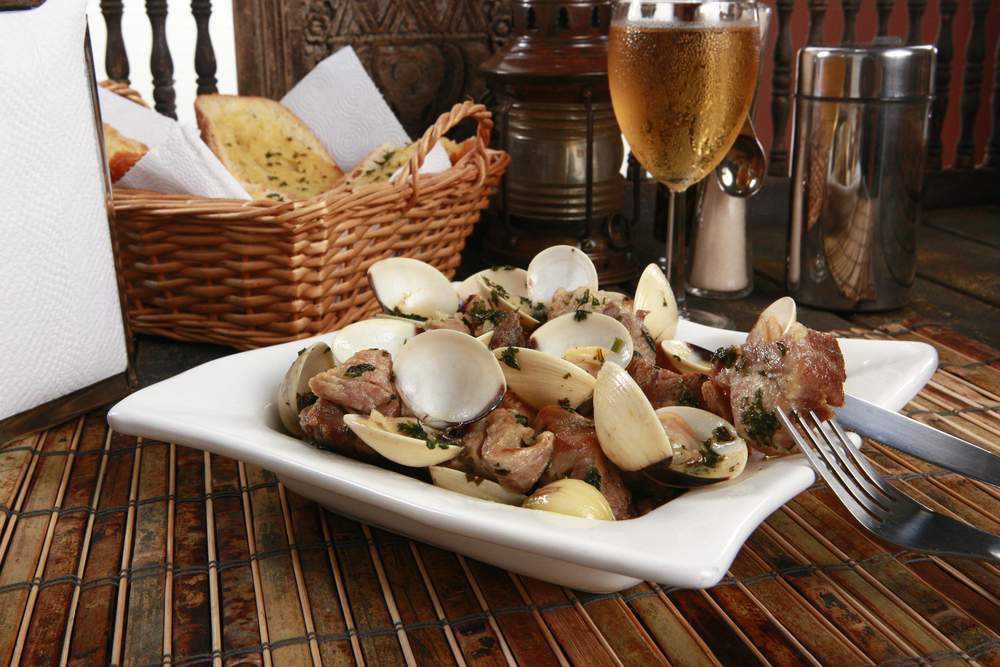
Do have dinner after 9.00 p.m if you´re planning to go out, otherwise you will need to kill time afterwards. Bars only start filling up after 10:30-11pm, and nightclubs are empty until around 1-2am. Do as we do: start late, eat slowly, linger around the table chatting, drink coffee and some digestifs, and make dinner part of your “night out.” If you really want to do it like the locals do, your night out should not end before 6am.
Do Not Pay a Fortune For Mediocre Food and a Fado Show.
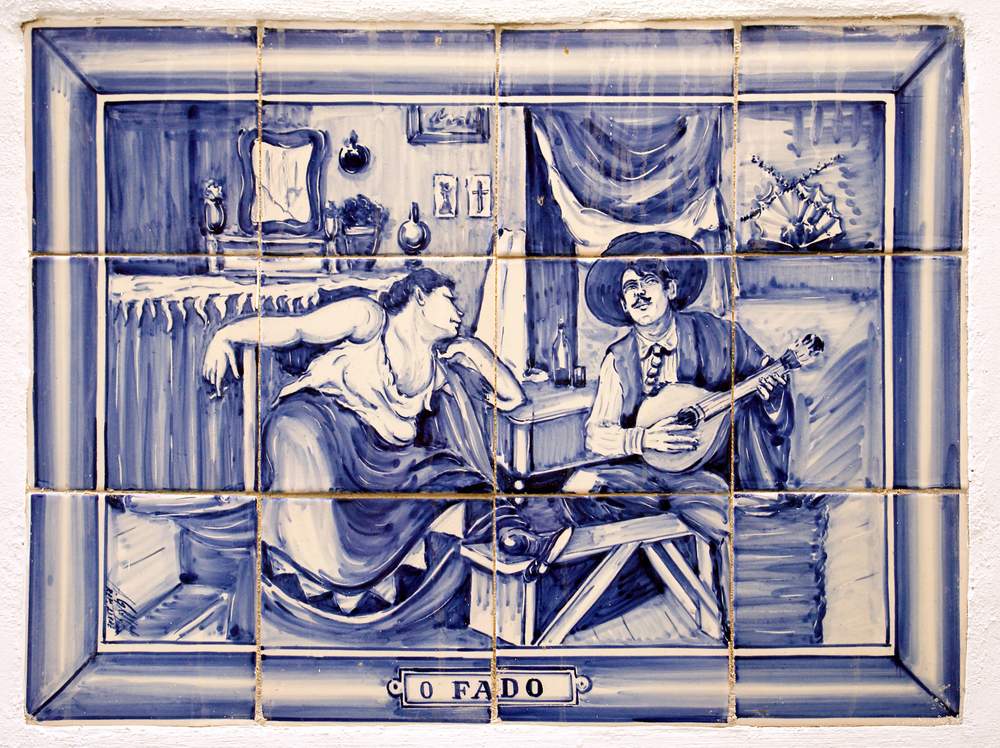
Do listen to Fado for free. Try A Tasca do Chico in Bairro Alto. On Mondays and Wednesdays, they don’t charge admission, or have a minimum drink requirement. You can just have a drink, some dinner or a snack – like cheese, ham, or chouriço.
O Povo in Cais do Sodré holds a monthly musical residency for young fado singers/players. They act on weekdays, starting at 10pm, and there is no fee for the show. You can have just a drink at regular prices or have a meal, which will cost you about 15 Euro for a couple of plates of traditional petiscos (tidbits). The Fado museum has “sung visits” on Saturdays and Sundays where you have a short fado session with a tour of the museum. There is no extra to the admission price.
Do Not Get on Tram 28 at Rush Hour
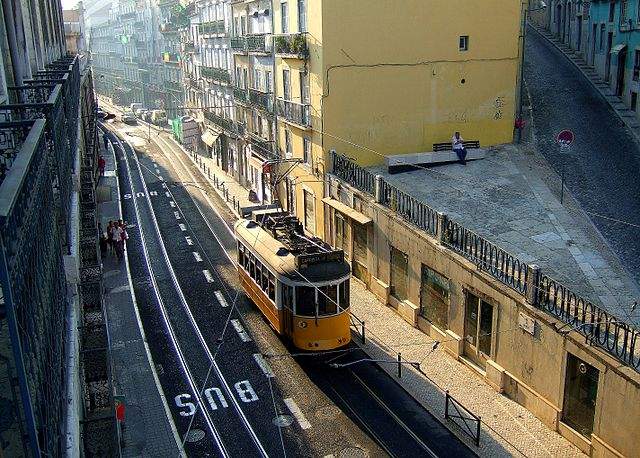
Do take it between 9 and 11 am. It will be practically empty (except maybe in August when it may be packed with tourists at all times), so you’ll be able to enjoy the mellow, laid back feeling as you look out the window, sit down on the old leather seats, feel the breeze, and listen to the creaks and squeaks the old rail makes, as it has for the last 70 years.
Do Not Eat at Portas de Santo Antão Street
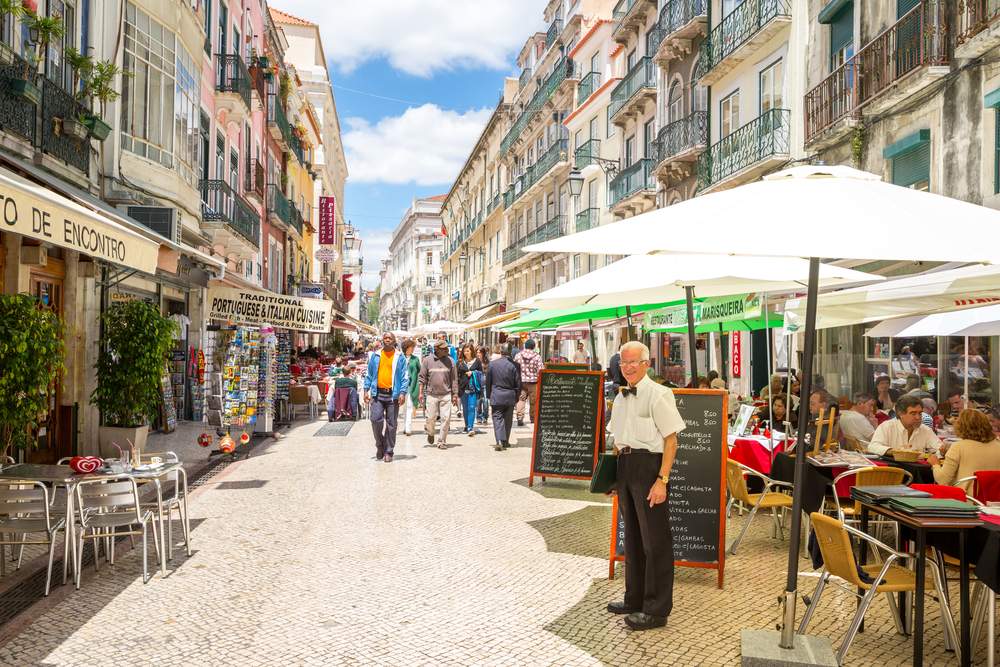
Do put on a couple of pounds. Seriously, don’t hold back. I never realized how good and varied Portuguese food was until I lived abroad for a year and didn’t have access to it. I craved for roasted cod, octopus “à lagareiro”, seafood rice, or açorda.
If you want to go cheap, there a lot of places that may look a little rough-around-the-edges but have simple yet tasty food. Practice common sense – look for portuguese people inside, ask around, and follow advice from locals.
Do Not be Discouraged by the Derelict Buildings
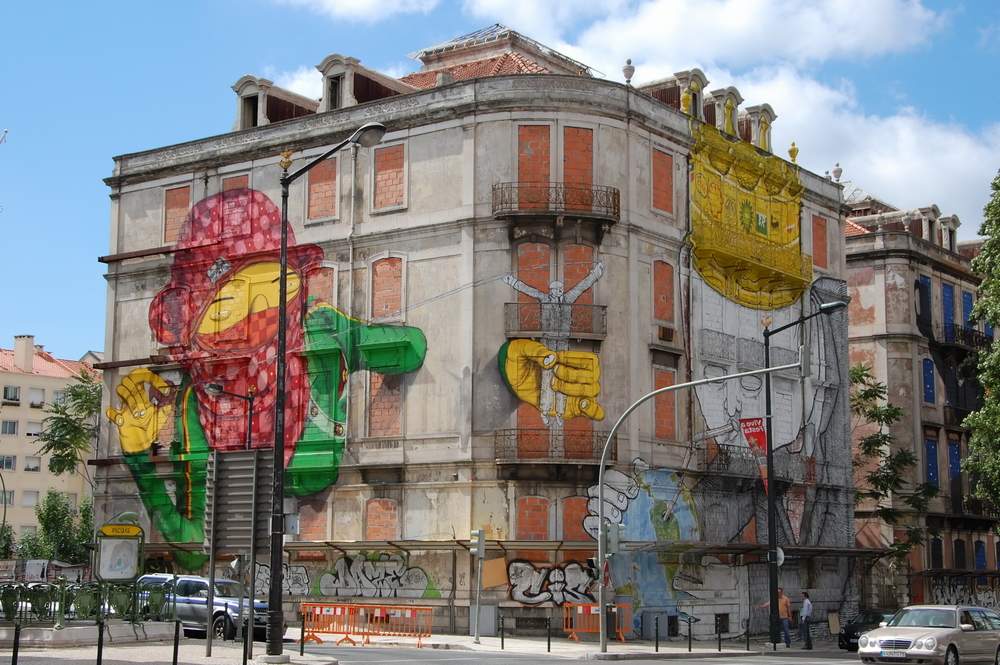
Do check out the Urban Art. Since 2009, the City Council has an association dedicated to promoting graffiti and street art as part of the cultural development of the city. They have put up several panels across town and periodically submit them to competition to be painted by the winners with the best drawings.
The CRONO project developed throughout 2010/2011 and turned some derelict buildings into canvases for national and international artists. Works from Os Gémeos, Erica il Cane, Sam3, Blu, Vhils, and many more can be seen on a simple walk on the street across town. In the summer, GAU organizes free tours to a lot of these locations.
Do Not Drink the Same Wine You Drink at Home
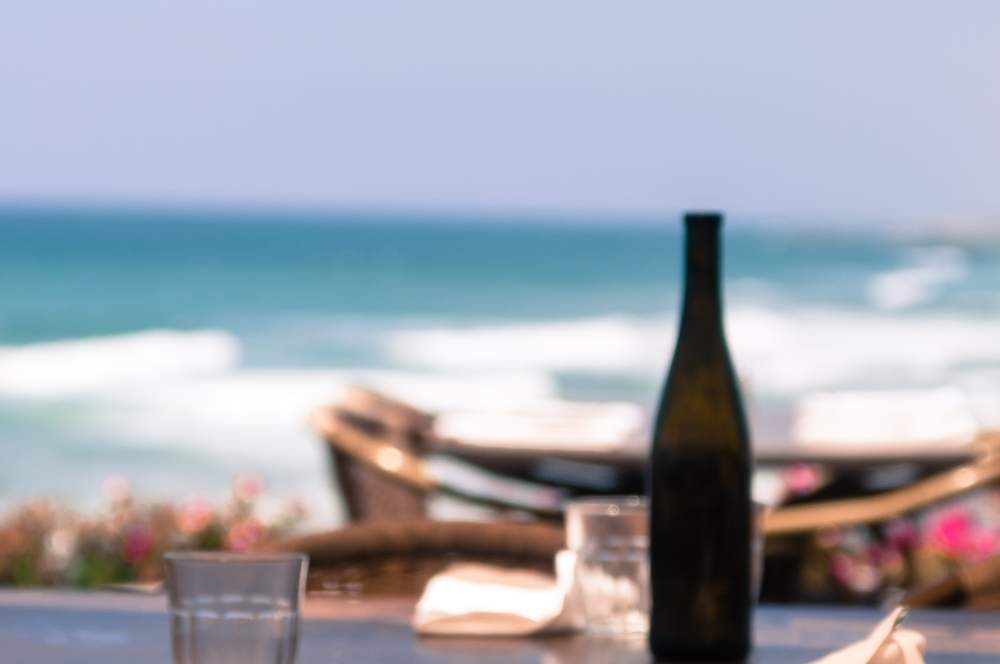
Do explore all of our varieties of wine. Educate yourself in one of the many wine bars in town. They sell by the glass, which will allow you to try different ones without blowing your budget. My personal favorite, Os Goliardos, takes the concept of wines with character that transmit the terroir they come from, very seriously. They only have bottles from producers they have met, are very passionate about the historical and social context of wine production, and also organize blind, thematic wine tastings and courses.
Now that you know what you shouldn’t do and have some alternatives, get out there and explore. Let the city win you over as it has won me. Get lost, talk to people, feel its unique light as you wander over the cobblestoned streets, rest your eyes on the views over the rooftops and on to the Tagus river, eat a lot, drink some wine, laugh more, and just enjoy.
Are You Planning a Trip to Portugal?
For more on travel to Portugal, check out the following articles and resources:
